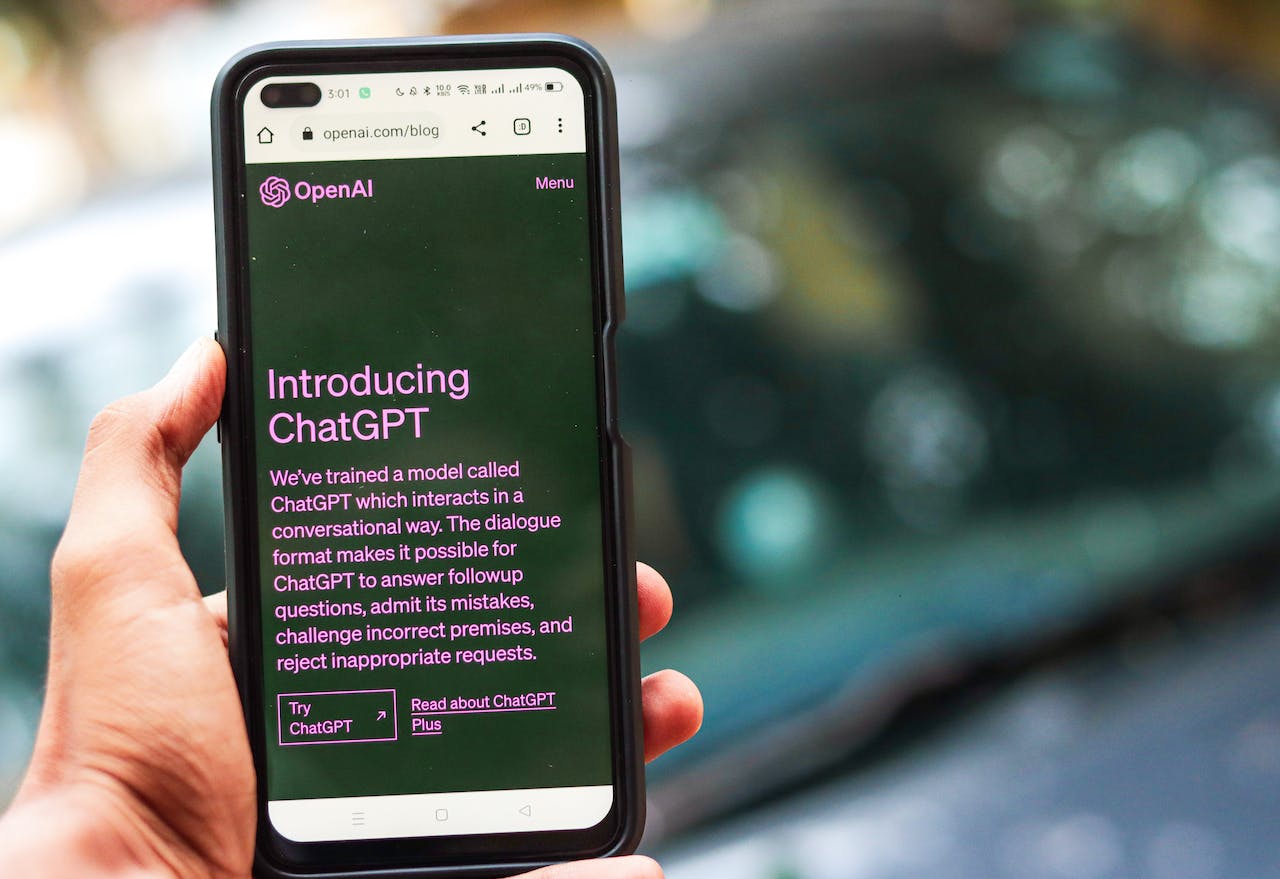Surviving in the startup world means having a unique and original idea that is well-executed with the help of all available resources. This is not an easy feat. That being said, new technology like ChatGPT is making the planning and ideation stage of creating a startup a bit easier.
ChatGPT is an AI chatbot with vast knowledge that can aid in developing startup ideas. However, it works best when provided with a specific prompt relevant to your goals. Before diving into detailed prompts, having a general idea of the technology space or problem you want to tackle is ideal.
If you are still exploring potential tech startup concepts in general, you can begin by having ChatGPT generate a list of 10 varied technology startup ideas (or any number you specify). This gives you a starting point to choose a direction to refine further using more targeted prompts. Read on for examples of prompts you can enter into chat gpt to help generate your next tech startup idea.
Problem-Solving ChatGPT Prompts For New Tech Startups
- Industry Specific Problems: What are the major pain points in industries like healthcare, education, finance, or agriculture? How can technology address these challenges more efficiently?
- Emerging Technologies: How can emerging technologies like artificial intelligence, blockchain, augmented reality, or the Internet of Things (IoT) be applied to create innovative solutions in various fields?
- Consumer Needs: What are some unmet needs or inconveniences faced by consumers in their daily lives? Can technology be used to simplify tasks, improve experiences, or save time for individuals?
- Environmental Sustainability: How can technology be leveraged to promote sustainability and address environmental concerns, such as reducing carbon footprint, managing waste, or conserving resources?
- Social Impact: What startup ideas can have a positive social impact, such as improving access to education, healthcare, or addressing social inequalities through technology-driven solutions?
- Market Gaps: Are there underserved or overlooked markets that could benefit from tech solutions? This could involve niche industries or demographics that lack specialized products or services.
- Collaborative Platforms: How can technology facilitate collaboration, communication, or connection among people, businesses, or communities? Think about platforms that foster interaction and mutual benefit.
- Personalized Experiences: Can technology be used to provide highly personalized experiences in areas like entertainment, shopping, travel, or fitness, catering to individual preferences and needs?
- Workplace Efficiency: How can technology optimize productivity, streamline workflows, or enhance remote work experiences for businesses and their employees?
- Cultural Trends: What are the current cultural trends or shifts, and how can technology adapt or capitalize on these trends to create innovative products or services?
Mixing and matching these prompts or combining different angles can often lead to fresh and promising startup ideas. After generating these ideas, ChatGPT advises to “Conduct thorough market research, validate the idea and consider the feasibility and scalability of the proposed solution before diving in.” This is good advice as the free version of the chatbot is almost two years behind on information, meaning it does not have the accuracy on the current state of the targeted market. However, there is still information ChatGPT can provide that is still useful for creating a startup today.

